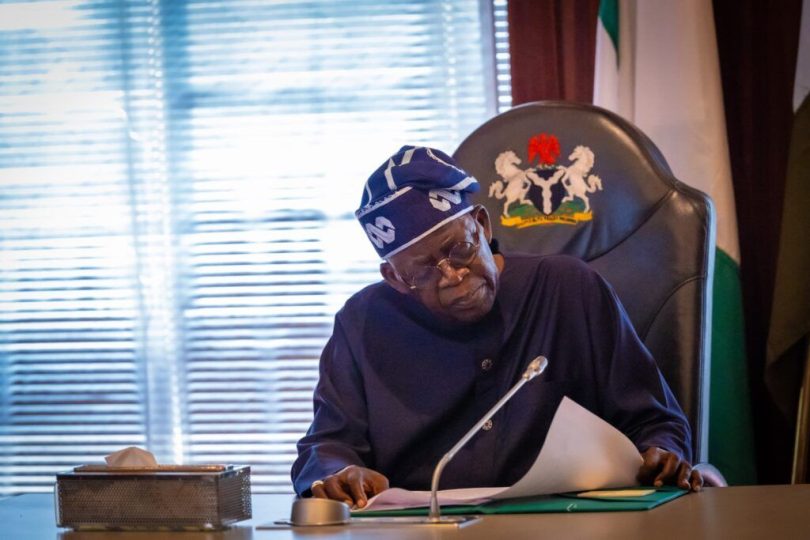Minister of Budget and Economic Planning, Abubakar Bagudu, has disclosed that the Samoa Agreement, which Nigeria signed recently, had nothing to do with the promotion of lesbianism, homosexuality, transgender, and other perverse behaviours inimical to the culture and laws of Nigeria. Bagudu, who addressed journalists on the issue at the National Press Centre, Abuja yesterday, also explained that the said agreement was not for a $150million loan or any loan for that matter but was just an agreement between the European Union and Nigeria for partnership and cooperation in specific areas of development.
The minister said that the government of President Bola Tinubu would never enter into any agreement with any one or group to undermine the laws and sovereignty of Nigeria. He explained that the Samoa Agreement, which the government signed, was a public document, which the media could obtain and scrutinise to ascertain its real contents instead of dwelling on speculations and outright falsehood. According to Bagudu, the Samoa Agreement, which Nigeria signed was based on six key priorities: human rights, democracy and governance; peace and security; human and social development; inclusive, sustainable economic growth and development; environmental sustainability and climate change; and migration and mobility. It would be recalled that on November 15, 2023, the European Union (EU) and its Member States signed a new partnership agreement (referred to as the ‘Samoa Agreement’) with member states of the Organisation of African, Caribbean and Pacific States (OACPS). Nigeria was absent at the meeting when the agreement was signed but it later signed late last month. The said agreement is an offshoot of the Cotonou Partnership Agreement, which was signed on June 23, 2000, by the then 15 member states of the European Community and the then 77 member states of the African, Caribbean and Pacific group of states.
Commonly referred to as the Cotonou Agreement, it guides most of the relations between the 78 ACP states and the 27 EU Member States. The Cotonou Agreement was revised in 2005 and then again in 2010. According to its Article 95, it was due to expire on 29 February 2020. However, it was extended until a new agreement could be concluded or until 31 October 2023 at the latest . Since 2000, new challenges – such as increased migration flows, climate change, and terrorism – have emerged as priorities in the EU-ACP relationship, while the EU’s preferential trade treatment for ACP states has become contrary to World Trade Organization. The economic and political rise of middle-income countries, particularly China, has altered the balance in the field of development cooperation. According to some analysts, the EU has lost some of its influence in that field, as ACP states can now turn to donors with less demanding requirements in terms of human rights and democratic governance.
The ACP-EU partnership is unique in many ways, as it is based on a legally binding agreement for 105 states, accounting for onefifth of the world’s population and more than half of the seats at the United Nations General Assembly. The Cotonou Agreement explicitly refers to ‘respect for all human rights and fundamental freedoms’ and ‘democracy based on the rule of law’ and provides for appropriate measures in case of violations of these principles It has an elaborate dispute settlement mechanism.







